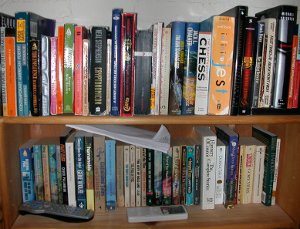Slang: Don’t Overdo It

Friends, I am not a young man any more. Some might argue I have never been a young man, that I was born with a tumbler of whiskey in one hand a complaint about the Designated Hitter Rule cued up. Let it drift: However young I once was, I am no longer, and it almost doesn’t matter because I’ve never been much of a Youth Culture guy.
When I was a young’n my sainted Mother once got very annoyed with me when I went through a phase of ending every sentence with the word “man.” As in, hey, is dinner ready, man? or why do I have to do homework when people are starving somewhere on this planet, man? Like, she got really annoyed and launched a campaign to stop me. Which was devastatingly successful, because you did not mess with my Mom on the rare occasions she felt strongly about things.
Anyway, that might explain why I’ve always been slow to pick up on slang and the hot new speak of the kids, even when I was a kid. Which of course complicates things with the writing.
Things With the Writing
Slang is tough when you’re writing fiction. On the one hand, if handled well it adds oodles of what literary scientists call verisimilitude. Not to mention flavor and a naturalistic rhythm to your work. But, if handled poorly it all backfires and you are Steve Buscemi in a meme.
<MEME>
The hardest part for writers is the fact that we’re writers, which means we’re linguistically curious by nature. So when we hear some bit of slang, we’re intrigued, and sort of naturally pick it up and start playing with it, because words and the evolution of language is fucking fascinating. This does run the risk of appearing ridiculous, say by being a middle-aged white man who suddenly starts referring to his wife as bae or fam all the time.
You have to keep this in mind while writing, especially if you’re trying to make a young character feel hip and contemporary (ed. note: if this is your goal do not use the word “hip”). Using some slang you’ve gleaned from overheard conversations and Internet forums might seem like a great idea, unless you use them incorrectly—or if you stumble over cultural lines and wind up in Appropriation Land, or pick up slang without the necessary context and get into serious trouble.
So, your best practice with slang is to resist. Resist until you absolutely can’t resist any more, until the temptation is too powerful, then give in just enough to scratch that itch. Then back away rapidly and go back to using language the way it was intended, you filthy animal.









